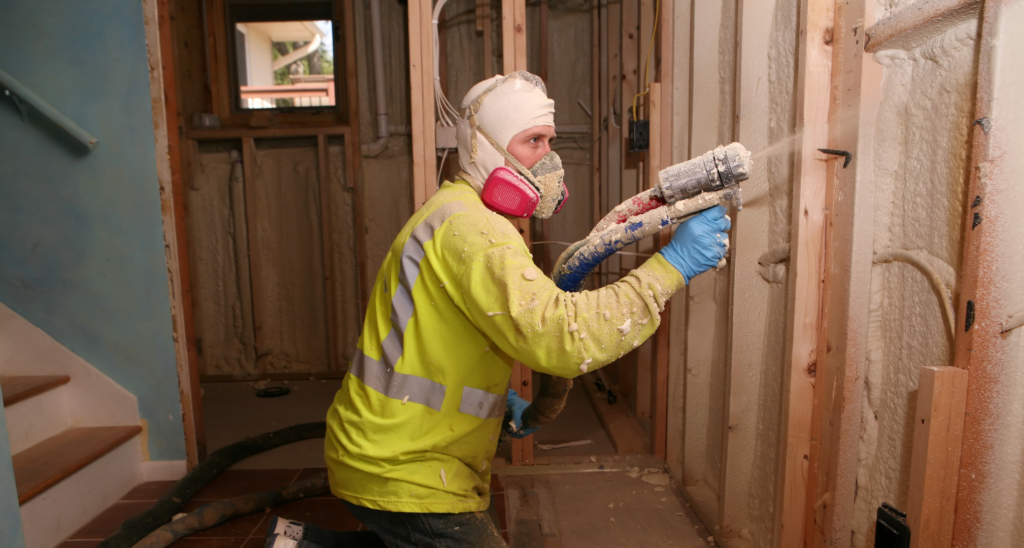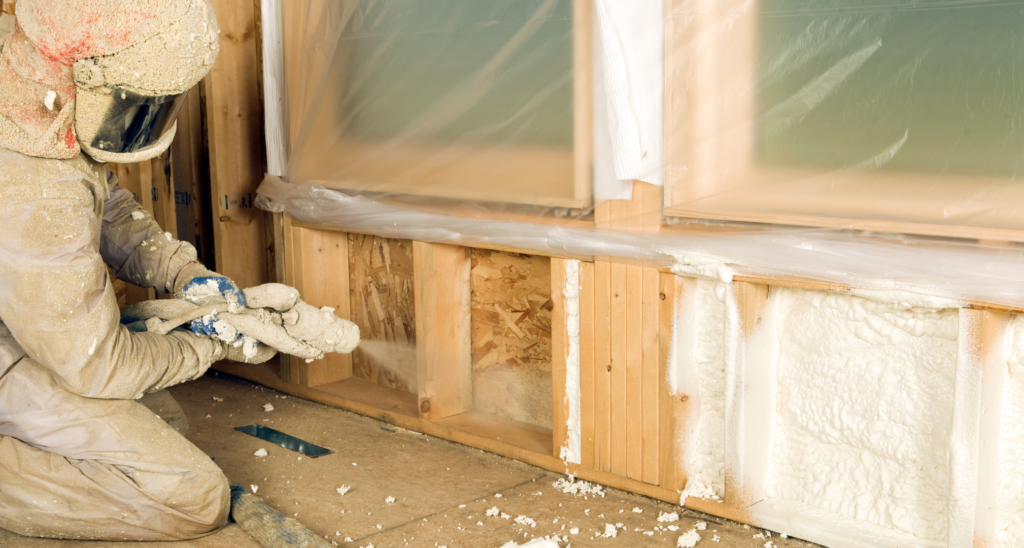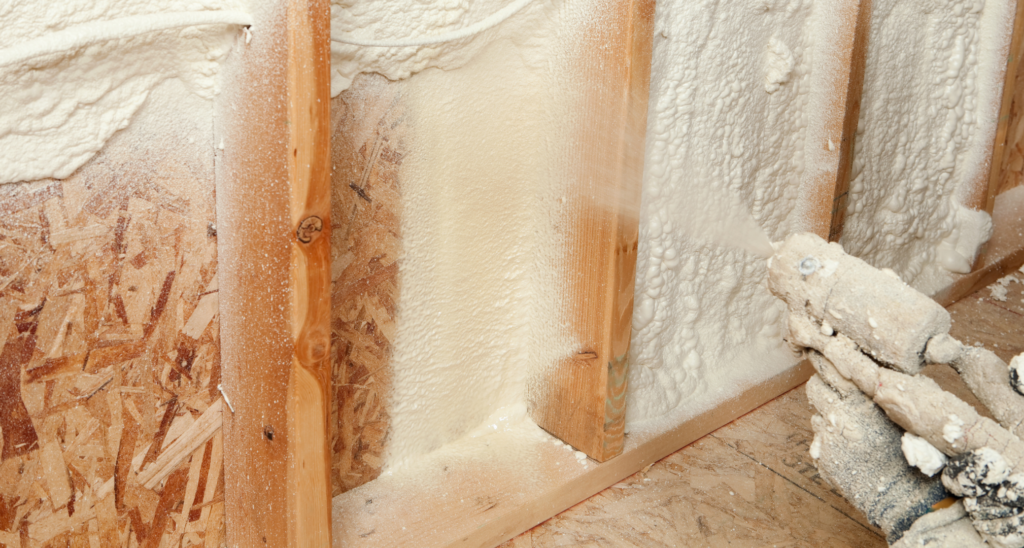What is Closed-Cell Foam Insulation?
As the name indicates, closed-cell spray foam insulation is made up of components that are completely closed. It is in light of this, that closed-cell insulation is the go-to product if you are looking for energy efficiency, structural integrity or water resistance.
The sheer density of the cells enable it to insulate your property to an incredibly high standard – much more so than traditional insulation materials such as polyethylene fibres, polyester, or foil.



















